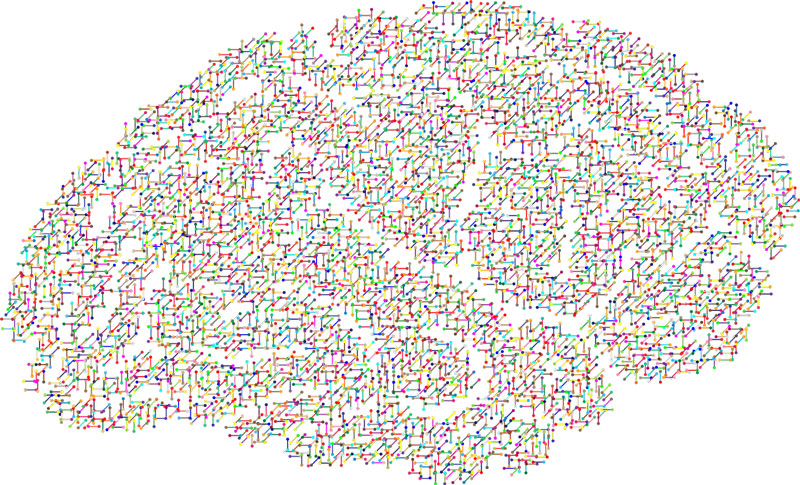
What is an EEG?
EEG is an abbreviation for Electroencephalography, which is the scientific measurement and recording of electrical activity throughout different parts of the brain. At FHE Health, we utilize quantitative Electroencephalography (qEEG), an all-inclusive, computer-generated analysis of your brain’s electrical activity in order to pinpoint any brain activity that is outside of the norm and get to the root of any underlying medical issues standing in the way of your recovery.
A quantitative Electroencephalogram is a safe and completely noninvasive procedure, which uses electrodes placed on the scalp to measure and monitor neuron oscillations (otherwise known as brain waves) in order to diagnosis dysregulation in brain function and activity. Combined with our advanced brain-mapping computer simulations, our team of experts at FHE Health can assess the overall health of your brain, measure the effect addiction has had on your neural networks, and prescribe a course of treatment to eliminate the addiction at its core. We are one of the leaders of brain mapping and using applied neuroscience to medically treat addiction, employing the same technologies used to treat U.S. soldiers for Post-Traumatic Stress Disorder (PTSD).
Why is EEG important?
During active addiction, the chronic use of mood and mind-altering substances can have a profound impact on brain activity and brain chemistry. Every different type of intoxicant effects the brain differently and all of them can have long-term repercussions if not treated medically and with conventional therapy.
The brain is a part of our physical body like any other organ, and the introduction of drugs or alcohol repeatedly can take a toll on the physical make-up of our brains. Similar to an electrical power grid, your brain has “hubs” within it that connect and network the various workings of the brain and control important aspects like memory, decision making, emotional processing, and other essential cognitive functions. In active and long-term addiction, these hubs in the brain are adversely affected, and those adverse effects manifest as symptoms such as memory loss, attention deficiency, depression, anxiety, in addition to other negative psychological issues.
How Drugs Affect the Brain
Almost all narcotics and alcohol cause your brain to release excess and unnatural levels of the neurotransmitter dopamine, which affects the brain’s built-in reward system (known as the Limbic System). Chronic drug and alcohol users are found to have disrupted neural pathways for dopamine and other key neurotransmitters, which need to be repaired during treatment and recovery. In addition, every narcotic substance has its own specific damaging effect on the brain as well:
Why Brain Mapping at FHE Health?
Addiction is a complex disease involving both our genetic make-up as well as our environment and learned behaviors. Unlike other diseases involving genetics, addiction is not confined to one mutated gene, but instead is multi-genetic, meaning it involves the combined gene expression of several hundred genes. Substances such as alcohol, cocaine, heroin and amphetamines can cause strong and persistent neuroadaptive changes by creating an excess of the gene regulatory mechanisms that lead to addiction. With that being said, addiction is a disease that requires precise, scientific measurement and intervention in order to get to the root of the problem.
Any type of prolonged drug consumption affects us on a genetic level and can influence how the cells in our brain communicate and interact with each other. In individuals with substance use disorders, their cognitive thinking and reward systems have deviated from that of normal people. At FHE Health, we believe that addiction is a disease and should be treated as one. That includes using the most modern diagnostic tools available to accurately identify and address the problem.








